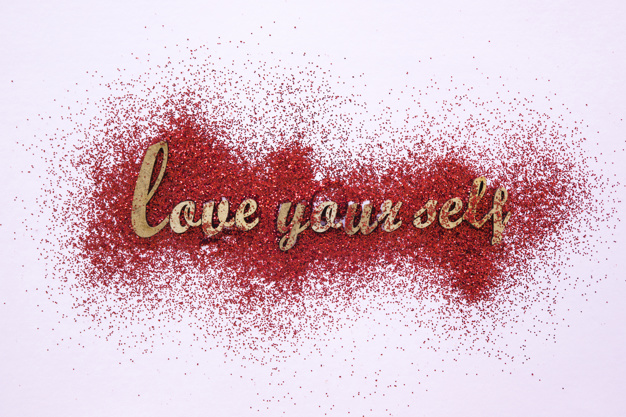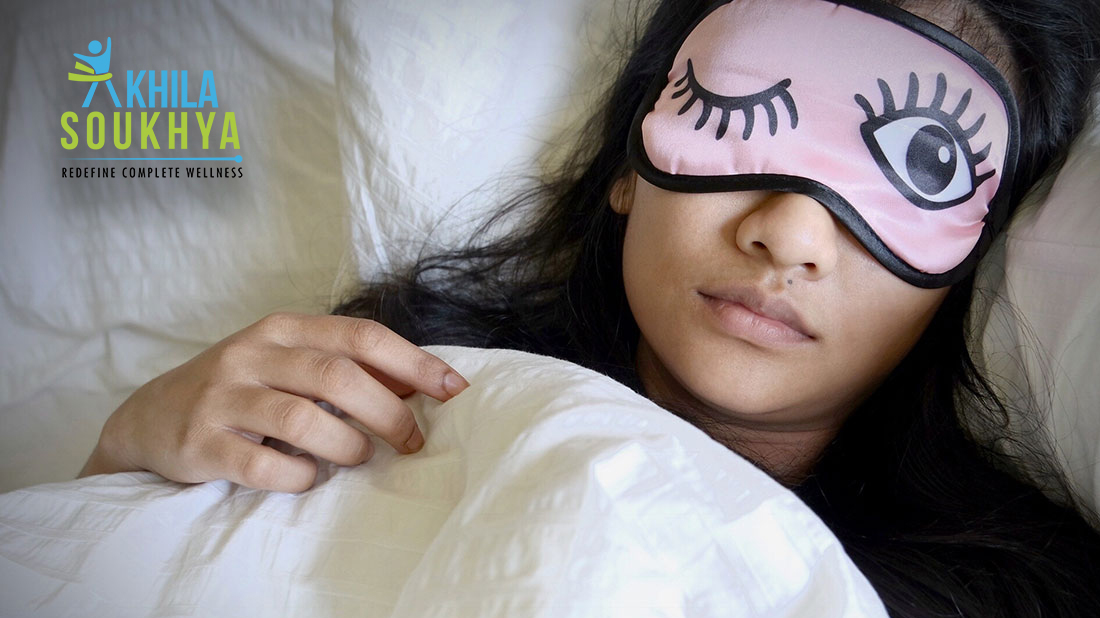All of us have dreams and goals planned in life and everyday is a step we take towards making them work. Having goals in life gives us a purpose to strive each day.
A healthy body and a sound mind are two great assets in our journey. They help us to undertake new activities and succeed. Success isn’t an overnight result, most of us fail several times in our journey. What matters is how we react after a failure. It’s very easy to quit and sit back, but we need to fight back even more strongly.
Motivation gives us the push we need in life, to achieve our goals. Self-motivation is one of the best examples of self-love. We need to take care of our mental and physical health and indulge in activities that boost our confidence.
Some simple ways to motivate yourself :
-
Think positive
-
Write down your goals
-
Plan and make steps to achieve them
-
Have an inspiration
-
Talk to optimistic people
-
Make positive notes or reminders

I’d like to share some of the most inspiring, thought provoking and uplifting thoughts from the past years on getting to know yourself, raising your self-esteem and finding a self-love.
- “You yourself, as much as anybody in the entire universe, deserve your love and affection”
– Buddha - “Until you value yourself, you won’t value your time. Until you value your time, you will not do anything with it. ”
– M. Scott Peck - “A man cannot be comfortable without his own approval.”
– Mark Twain - “Never be bullied into silence. Never allow yourself to be made a victim. Accept no one’s definition of your life, but define yourself.”
– Harvey Fierstein - “Love yourself first and everything else falls into line. You really have to love yourself to get anything done in this world.”
– Lucille Ball - “Remember always that you not only have the right to be an individual, you have an obligation to be one.”
– Eleanor Roosevelt - “If only you could sense how important you are to the lives of those you meet; how important you can be to people you may never even dream of. There is something of yourself that you leave at every meeting with another person.”
– Fred Rogers









